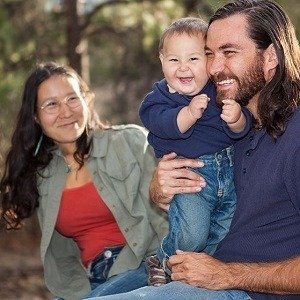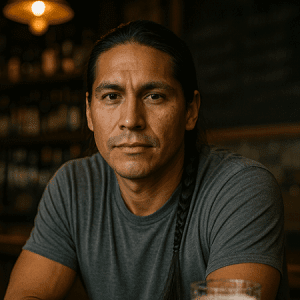A recent study led by the University of California San Diego highlights the persistent disparities in tobacco use among Native American communities in California. The California Native American Tobacco Initiative Evaluation (CAITIE), spearheaded by Dr. Wael Al-Delaimy, focuses on culturally tailored tobacco use prevention initiatives. Native American adults in California have a higher rate of commercial tobacco use—14.8% compared to the state average of 11.4% in 2022.
The initiative emphasizes the importance of cultural relevance in its approach. Unlike commercial tobacco products, traditional tobacco holds a sacred place in many Native American ceremonies. This distinction is central to the education campaigns funded under the initiative, aiming to empower tribal communities to reclaim their cultural practices while educating youth about the harmful impacts of commercial tobacco.
In 2019, the Tobacco Control Program at the California Department of Public Health launched the state’s first California Native American Tobacco Initiative. By directly funding tribal governments and tribal-serving organizations, the initiative seeks to reduce tobacco-related health disparities through tribal approaches focused on prevention, collaboration, and community engagement. This model of direct funding to tribal governments is unique and empowering, aiming to foster long-term health improvements.
Efforts to address these disparities must include policy changes, community mobilization, and capacity building within tribes. The initiative serves as a model for state and national programs, highlighting the need for targeted interventions to ensure equitable access to tobacco cessation resources and support for Native American communities.
See: “Addressing Tobacco Use in California’s Native American Communities” (April 7, 2025)



